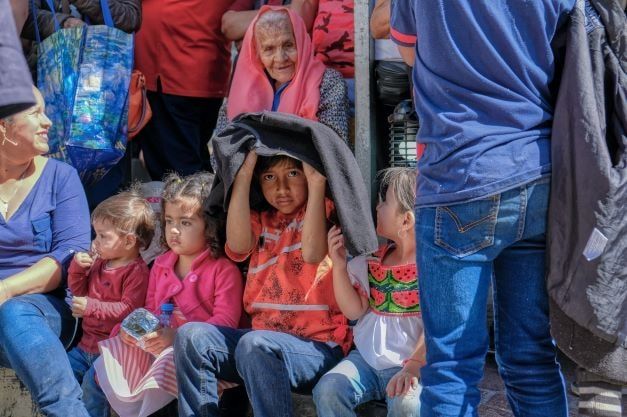How lack of possibilities and rising mistrust fuel violence in Michoacan
The cycle of crime in Michoacán is maintained by several factors, including the territorial struggle between illegal groups there, a growing distrust of authorities and self-defense groups, a lack of alternatives for youth development, and the normalization of violence.





